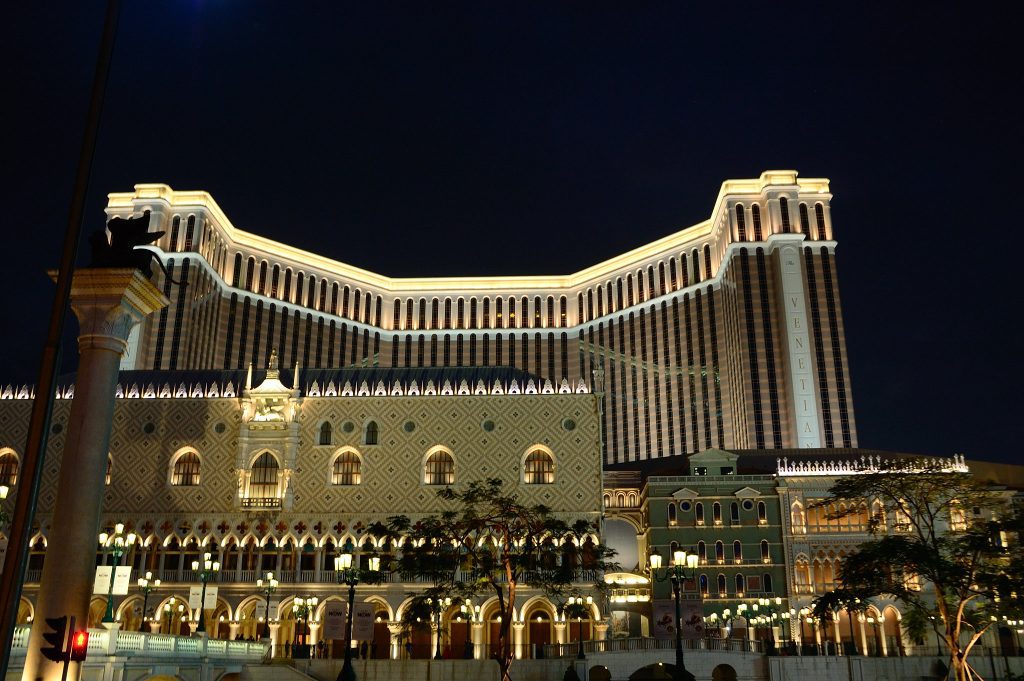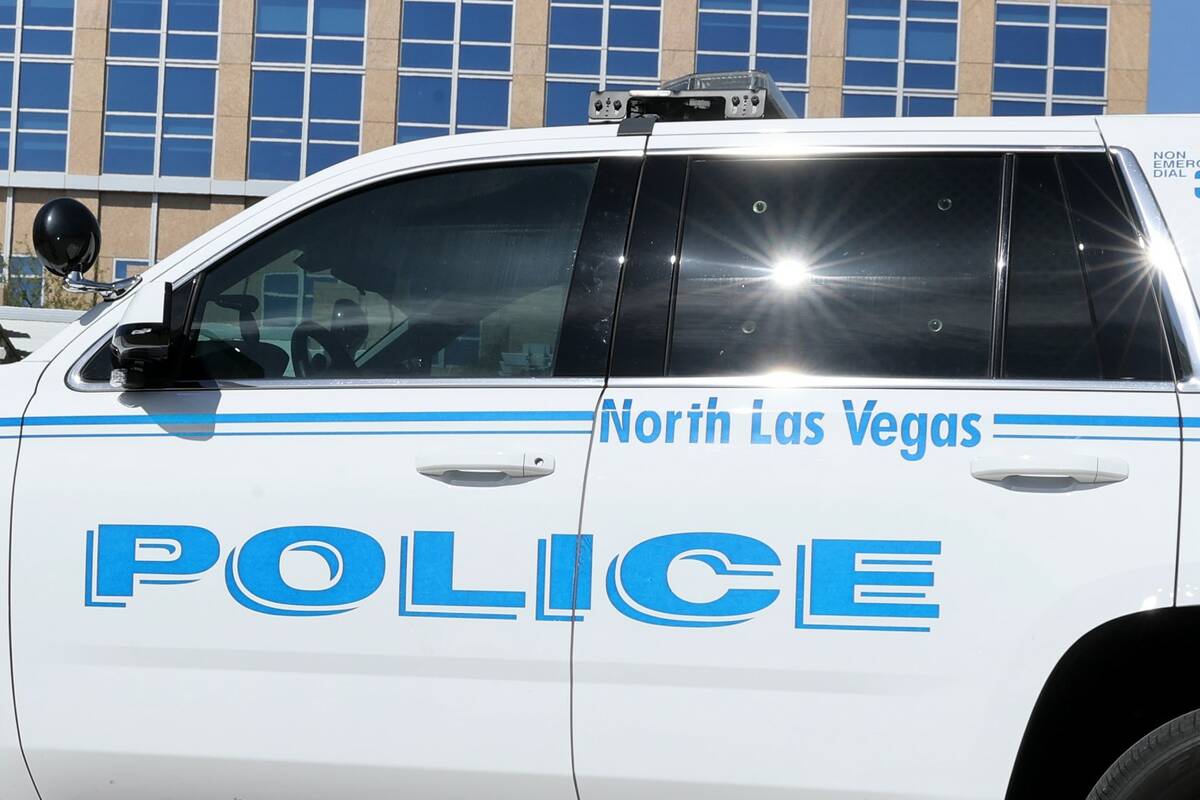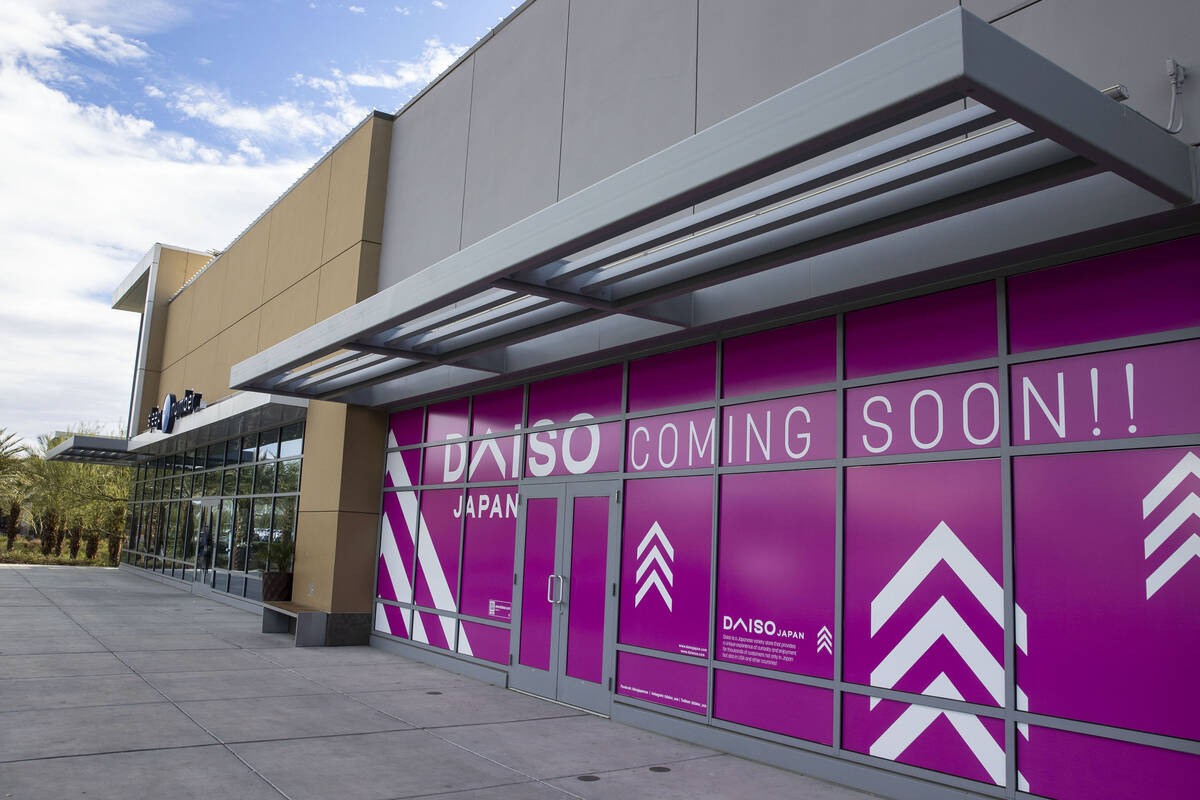Change take
Macau is a hugely important gambling market for Las Vegas Sands, and the company’s third quarter conference call was a huge love affair for China’s gambling regulators. What will business leaders do but insult those responsible for renewing their gambling license?
Cameron Sperance
Now, it seems, is not the time for the Las Vegas Sands leadership to start saying what they dislike about their largest gaming market.
Las Vegas Sands CEO Robert Goldstein and others in the company’s C-suite spent most of the company’s conference call Wednesday on the third quarter results to explain why they aren’t concerned about the Chinese gambling regulators’ plan to strengthen control of gambling operators in Macau. Instead, they repeatedly described the local supervisory authorities as “very sensible, very thoughtful and very fair”.
The investor call was the first call from Las Vegas Sands since the company’s stock weakened on the news last month.
All Macau casino operators will have to bid again for their licenses as they expire in June 2022. When asked if he could even imagine a worst-case scenario in which Las Vegas Sands would not get a license extension, Goldstein quickly shot the idea back.
“I don’t. I see no chance at all,” he said. “I think the government recognizes that we were a good licensee.”
Macau, an administrative region of China, is China’s designated gambling market.
Las Vegas Sands reported a net loss of $ 368 million for the third quarter, an improvement on a loss of $ 565 million for the same three months last year. But the company is still struggling under the lingering grip of the pandemic this year: the company lost $ 838 million in the first nine months of 2021.
The company executives didn’t spend much time on the numbers, instead focusing on analyst questions. The vast majority of the questions revolved around the company’s future in Macau.
Las Vegas Sands planned to sell its Venetian Resort Las Vegas and Sands Expo and Convention Center for $ 6.25 billion earlier this year. The plan was to leave the city of the same name and focus growth on Asian markets such as Macau and Singapore.
The company’s planned growth in the region was in turmoil last month when Lei Wai Nong, Macau’s Minister of Economic Affairs and Finance, announced that the government would step up its oversight of the casino sector. US casino operators in the region like Sands, Wynn Resorts and MGM Resorts International lost a total of $ 4 billion in valuation after the news. Sands China shares fell 28 percent.
But the Sands executive team reiterated their confidence that the company would do well during the license renewal process as well as the regulatory review in Macau.
Part of that optimism can be attributed to the fact that Las Vegas Sands is a major employer in the area and has so far invested $ 15 billion in casino resort development. In addition, the company has more hotel rooms in the region than any other operator.
“We remain confident that the process will work,” said Goldstein. “We have two decades of history with this government, and it’s been a very good two decades.”
With the scepter of tighter regulation dangling over them, Las Vegas Sands’ decision to invest more resources in Asia seemed like a wise decision. The company had $ 8.8 billion in sales in 2019 from its properties in Macau, compared to $ 1.8 billion in Las Vegas, according to a filing with the Securities and Exchange Commission.
It doesn’t appear that the past month of regulatory uncertainty has caused members of the Las Vegas Sands team to change their minds about Macau and its development potential.
Executives on Wednesday named the company’s London Macau – a $ 2.2 billion British-style resort with replicas of the House of Parliament, Big Ben and 600 suites, including 14 designed by soccer star David Beckham – and Four Seasons Macau as future Growth driver.
“We are keen to reinvest in Macau,” said Goldstein. “We assume the process will be fair and equal.”
Both Macau and Singapore, another major Asian gambling market for Las Vegas Sands, struggled during the pandemic due to tighter travel restrictions than Las Vegas. Singapore is just beginning to ease its restrictions on international travelers. Corporate leaders expect Singapore and Macau to meet a similar wave of pent-up demand for games, just as they did in Las Vegas.
“Anyone who doesn’t believe that Singapore will come back with a vengeance is wrong, and that goes for Macau too,” said Goldstein.
But on Wednesday’s investor call, there was a rift in confidence in China. Singapore usually relies on travelers from China to fill hotel rooms and the gaming space at a casino like Marina Bay Sands. However, China’s borders remain largely closed to both domestic and international traffic.
Goldstein tried to downplay the reliance on China at the company’s resort in Singapore by saying that Las Vegas Sands can still make up to $ 1.5 billion “with no Chinese production,” and instead from travelers from other Asian markets such as South Korea, Malaysia and Japan.
“Of course, part of our business depends on access to the Chinese market, but it isn’t [entirely] dependent, ”he added.













